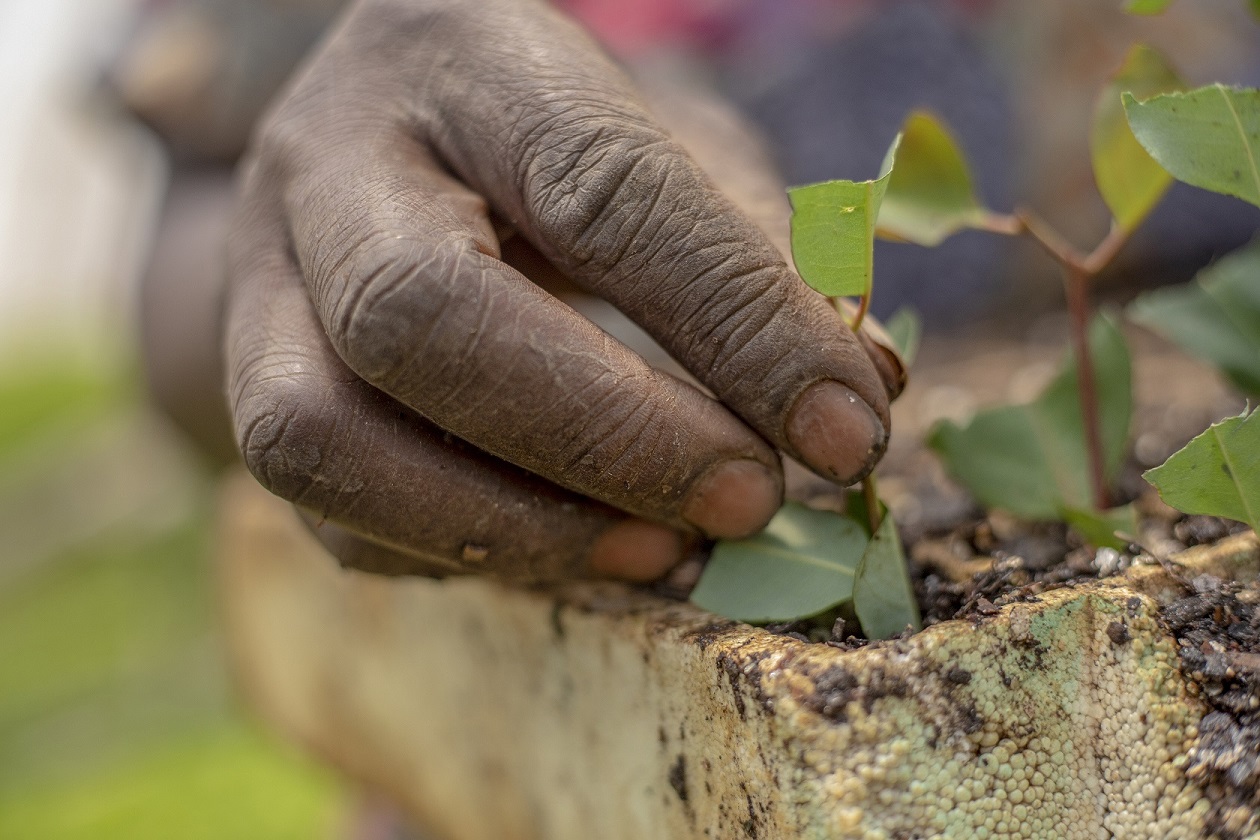Hazvinei breaks the glass ceiling
It’s hardly surprising Hazvinei Mariko has broken the glass ceiling and risen to become a supervisor on a rose farm close to the capital, Harare. She is also a representative on the Regional Women Advisory Council (RWAC), a regional advisory council structure within the Zimbabwe Congress of Trade Unions (ZCTU), the country’s main trade union omnibus.
Feisty and articulate she has developed a thick skin and knows exactly what it takes to work among men and fight all the stereotypes that go with the vagaries of a patriarchal society.
Her mission is to address all the forms of aggression against women which include domestic violence, sexual harassment, discrimination, rape, sexual assault, marital rape, incest and violence during pregnancy.
But she admits this will always not be easy.
“Women are generally wary to raise their voices. In a group only one or two will raise their voices while the rest are just quiet,” she says.
She is evidently being self-effacing; anecdotal evidence points to that she is about the only with the guts to raise her voice.
“It’s a cultural issue, I think,” she says. “It’s generally taken that in any situation, it’s the men who should take up leadership positions. Women only have to be led.”
She has broken that stereotype and articulates the challenges women face with courage and resolve. She wants more women to follow suit.
She is the only woman among 10 male supervisors on the farm she works on which puts women at a disadvantage because their voice is not always heard.
A mother of two she understands the challenges women farmworkers face. Most of them are single mothers who have to cope with work and motherhood.
“Farmwork is difficult for mothers because they work eight-and-a-half hours a day, which makes it difficult to juggle work and motherhood,”
She bemoans the fact that children are left to roam the compounds when their mothers are at work. She says some women risk the health of their children by bringing them to work where they are exposed to chemicals and other dangers of life on the farm.
“Some farms do not have nurseries where children can spend their day while their mothers are working; and the mothers cannot afford to employ child minders.”
Mothers also face job insecurity issues, she says. “Expecting mothers don’t really get maternity leave. They just go home to deliver; most don’t return to work once they have delivered because they are not given time to breastfeed.”
She says this constitutes sexual discrimination because women are generally reduced to temporary workers. Further, this exposes women to sexual harassment as they are sometimes bullied into sexual relationship to keep their jobs.
But through RWAC, which comprises women leaders from all the farming regions of Zimbabwe, they have successfully lobbied for stern action against sexual predators.
“It’s now instant dismal for sexual harassment,” she says. “Without that it would have remained rampant.”
“We want to have a 50-50 representation so our voice can be heard,” she says calling for more women to get out of the shell of subservience borne out of Zimbabwe’s patriarchal outlook and be included in trade union leadership and collective bargaining activities.
She urges women to speak out more.
“We need to have more women in leadership positions along the whole horticulture value chain, especially in trade union activities.”




